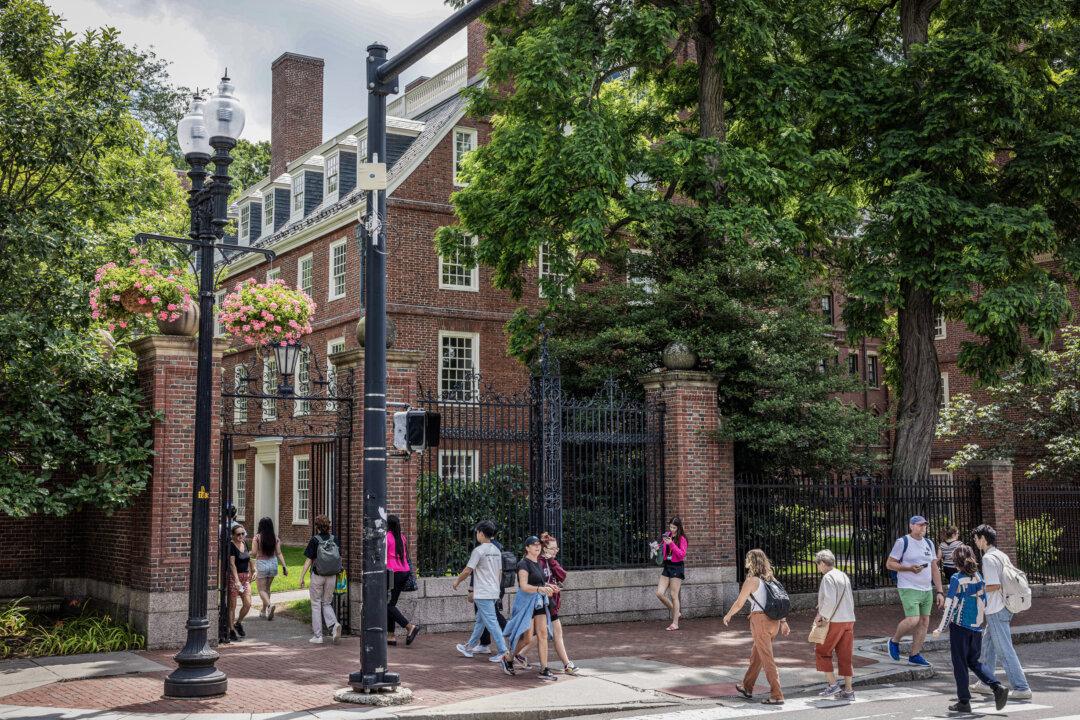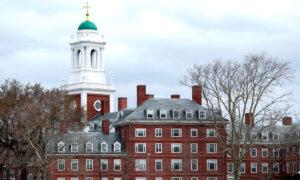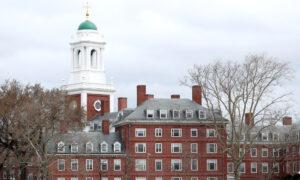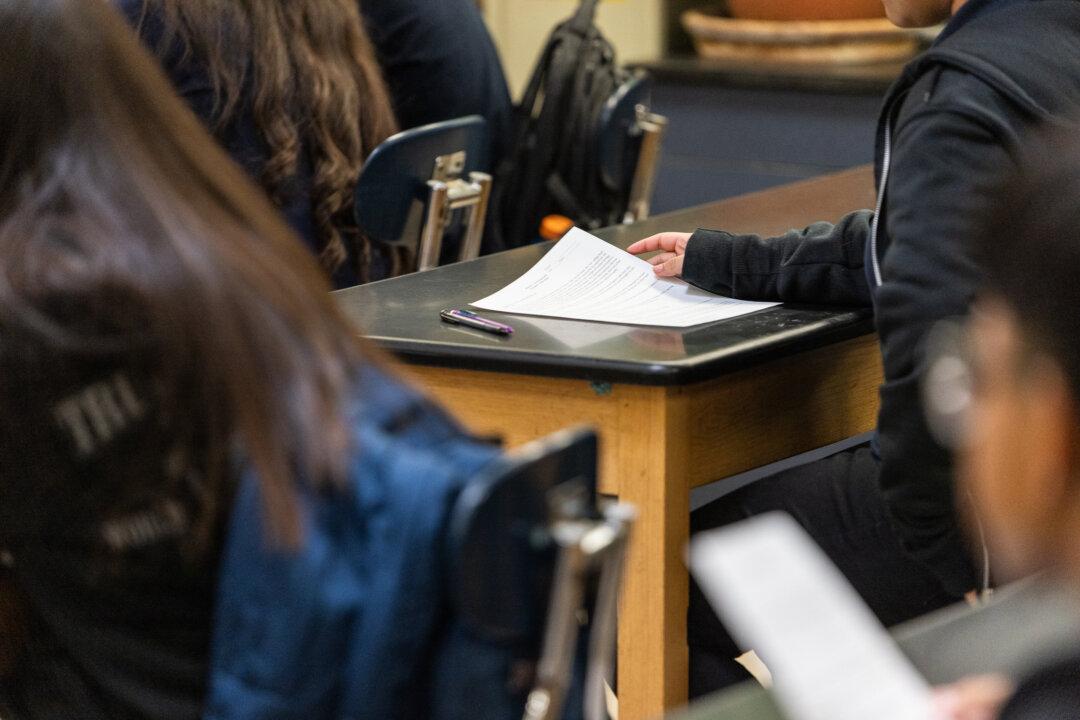Commentary
Harvard, following in the footsteps of its Ivy League peers (
Dartmouth and
Yale) has
reinstated standardized testing in its undergraduate admissions. The United States’ oldest private university, after popularizing the “holistic admissions” model (originally used in the early 20th century to
keep Jews out) and dissing meritocracy, is perhaps taking a long, hard look at the ideological mess that the education establishment itself helped to create.
Like a self-fulfilling prophecy, the
war on tests has perpetuated the soft bigotry of low expectations and racialized education at the expense of our global competitiveness. And it filters down to younger kids. Based on
ratings by the Program for International Student Assessment, the United States ranked No. 25 on 15-year-old students’ academic performance in math, science, and reading among nearly 80 countries and No. 37 on its average math score in 2018.
The march back through the institutions has begun, with torchbearers of “progressive” education such as Harvard retracting from the equity-obsessed assault on standards. But the overdue redress is not happening quickly enough. As of April 18, 2024, more than 1,900 accredited institutions of higher education in the United States are
test-optional, and more than 80 campuses are test-free.
Most importantly, the ideological rot and moral bankruptcy at the core of the war on standards remain stubbornly embedded in many of our major institutions and in our contemporary culture. The concept of “merit,” for instance, is thoroughly misconstrued. Some “anti-racism” groups have listed “hard work, objectivity, rational thinking” as signs of “
whiteness.” The MIT Press Reader ran an article last year about “
The Myth of Meritocracy,” discrediting the thesis that a hard-working, right-living person can become a prosperous self-made man. The Princeton University Press published a Trump-bashing
piece shortly before the 2020 election, arguing that “believing in meritocracy makes people more selfish, less self-critical and even more prone to acting in discriminatory ways.”
“Meritocracy is not only wrong; it’s bad,” the piece read.
The harsh indictment on merit, a quintessential American spirit and an integral part of our national DNA, is based on faulty conceptualization. To critics of meritocracy, innate ability and personal circumstances are the only components of merit, and they are beyond our control. Such an oversimplified conception of merit leaves no room for factors such as hard work, grit, perseverance, personal initiative, and agency.
Adrian Wooldridge, author of “
The Aristocracy of Talent” (2021), offers a synthesis on four tenets of a meritocratic society:
1. People can get ahead in life on the basis of natural talent.
2. Meritocracy secures equality of opportunity by providing education for all.
3. It forbids discrimination on the basis of sex, race, and other irrelevant characteristics.
4. It awards jobs through open competition, rather than patronage or nepotism.
Admittedly, merit is not just about standardized test scores for college admissions. But those pursuing technical career paths also need to cultivate their skills and develop some sort of minimum qualifications. Emergency medical technicians, general contractors, and food truck operators must obtain state licenses or certifications to carry on their respective lines of work. A society that shuns any measurable standards expected of its contributing members is not one that can maximize the utilization of different talents, potentials, and skill sets.
Merit is actually a combination of natural talent and effort. Although not flawless, it is infinitely better than a return to ancient aristocracies “founded on wealth and birth.” It is also fairer than the fashionable paradigm of equity, which treats Americans as representatives of their identity groups and deprives us of agency. Assuming victimhood and privilege based on color, race, and other group labels metabolizes into the prevailing culture of DEI, as if the profound fairness and unfairness of life that everyone must contend with can be simply reduced to cartoonish dichotomies.
If there is something in life worth fighting for, I believe it must be imbued with a sense of personal agency, with the idea that we are the architects of our own life. The American dream, a happy consequence of our meritocracy, is the notion that we can get to a place that is not predetermined by our birth or circumstances.
Views expressed in this article are opinions of the author and do not necessarily reflect the views of The Epoch Times.






